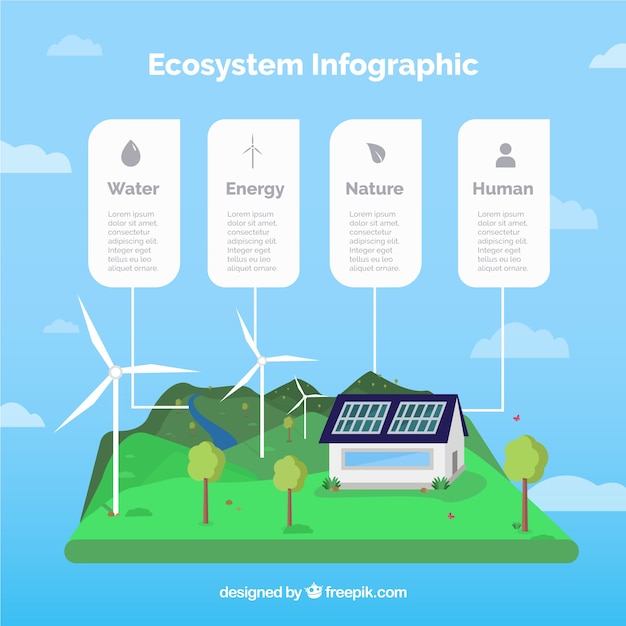
Just like we’re constantly exploring ways to save on routine expenses, why not include our utilities too? Virtually, it’s often challenging to bargain over our utility bills. Generally, we have limited options for providers of electricity, gas, and water – making it an almost monopolized market, where we comply with the rates offered. However, there are admittedly a few strategies for reducing electricity costs, and switching to solar power could be a more impactful one. We’re seriously contemplating this move, hence, we’re keen on analyzing the prospective savings from using solar energy and whether it justifies the investment.
ESTIMATING YOUR CURRENT ELECTRICITY EXPENSE
Calculating your electricity consumption can differ based on various factors, such as:
– Your home’s size and age
– The number and quality of doors and windows
– Weatherproofing measures
– The type and quantity of electric appliances
– The number of residents in your home
To give you an idea, the national average electricity usage stands roughly at 877 kWh monthly, which amounts to about 10,649 kWh yearly. Given the average cost per kWh is around $.13, the usual annual expenditure on electricity is about $1384.37.
In my own locale, where kWh cost is $.11 (somewhat lesser than the national rate), I can inform you that our annual electricity cost for our 7-people, 1888 sq.ft home was $1461.24. While it looks higher than the average spending, we have more occupants than a typical home, plus a 30,000 in-ground pool that operates for half of the year. Thus, considering these factors, we seem to be spending less compared to similar households.
COST OF OPTING FOR SOLAR PANELS
Once you know your annual and per kWh costs, the next step is to estimate the expenditure for solar panels. Most solar systems have a power output of 6 kW, promising an energy yield generally between 7,000 – 9,000 kWh. Despite sounding barely adequate to power your whole house all year, it can sufficiently do so. Your house will use the solar-generated power first and pivot to the power grid when the solar power is depleted.
Conversely, the power grid uses the excess power from your solar panels when it is abundant. Hence, you’re effectively selling power when it’s surplus and purchasing when it’s deficient. As a result, many users generally reach a zero-balance state with their electricity company.
IS IT REALLY WORTH IT?
This implies that you no longer have to pay the electricity company but only for the solar panels. You can either buy them upfront or lease them for 10-12 years. Many people choose leasing if they cannot afford an outright purchase. However, this would mean paying lease interest, leading to a net loss.
The installation cost for solar panels ranges between $15,000 and $25,000. Factors affecting this price range include your geographic location and your roof’s specifics. In my area, the cost is closer to the $15,000 mark.
Based on current expenditure, it would take us around 10 1/4 years to recoup our investment in solar panels, which warrants further consideration.
THE BONUS OF TAX CREDITS
The federal government is as of now still offering tax credits for purchases of solar panels. This solar panel tax credit, introduced in 2005, is planned to phase out by 2024.
Therefore, if we purchase solar panels this year priced at $15,000, we’d be eligible for a 26% tax credit on our buy. This would cut our original cost down to $11,100. Hence, we’d require only 7 3/4 years to recover our expenditure, after which we will essentially get electricity for free for 17 1/4 years.
SUMMARY OF GOING SOLAR
Choosing solar energy requires primary considerations such as your current electricity usage and finding ways to reduce it. You also need to ascertain your per kWh cost and the consequent annual expenditure, to decide whether solar panels are a wise investment. Don’t forget the additional benefit of solar tax credits too!
In our case, we’re still debating, primarily because we’re unsure if buying solar panels would give us better returns compared to other investments. So, we’re still deciding.
Have you found that going solar could reduce your electricity costs?


